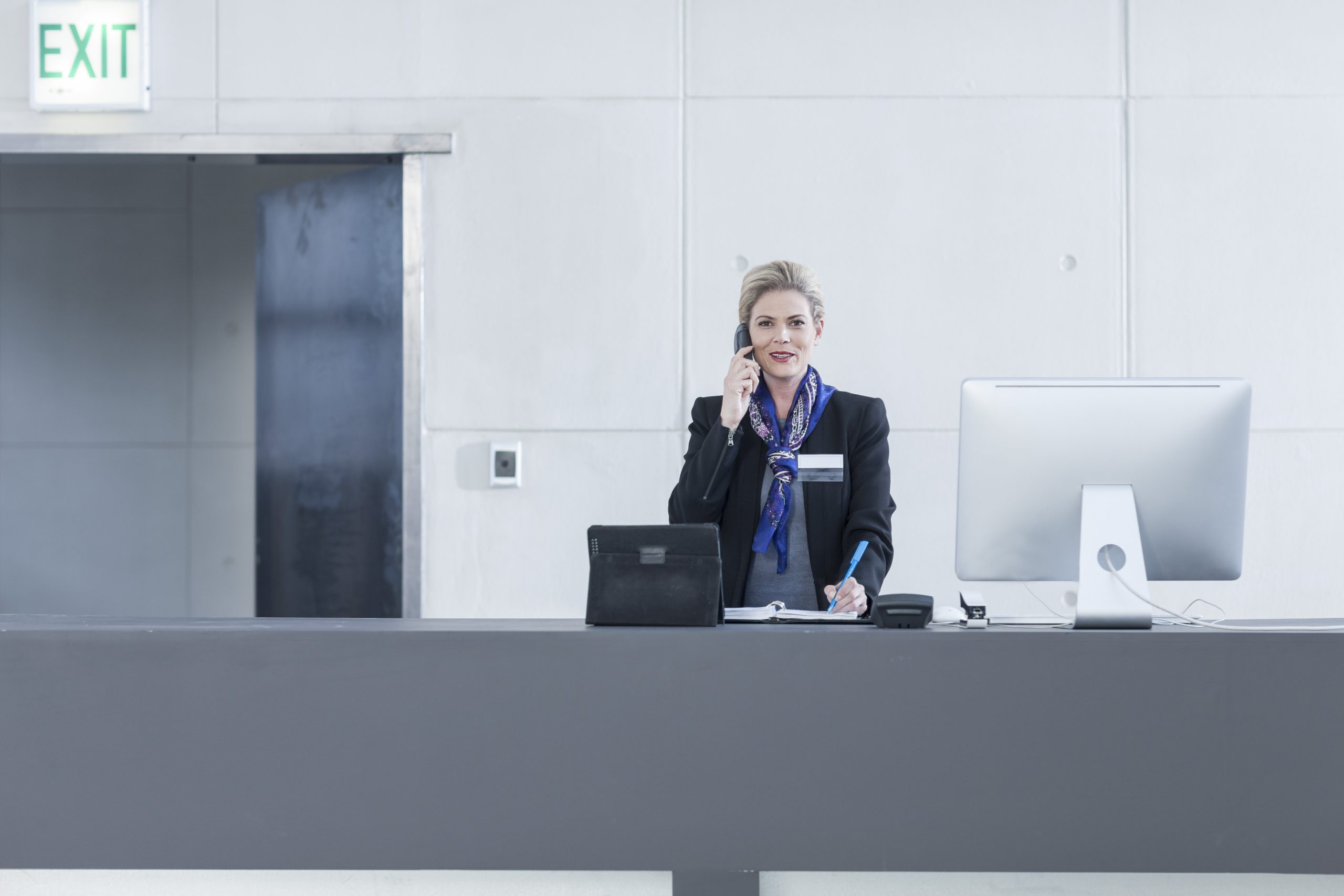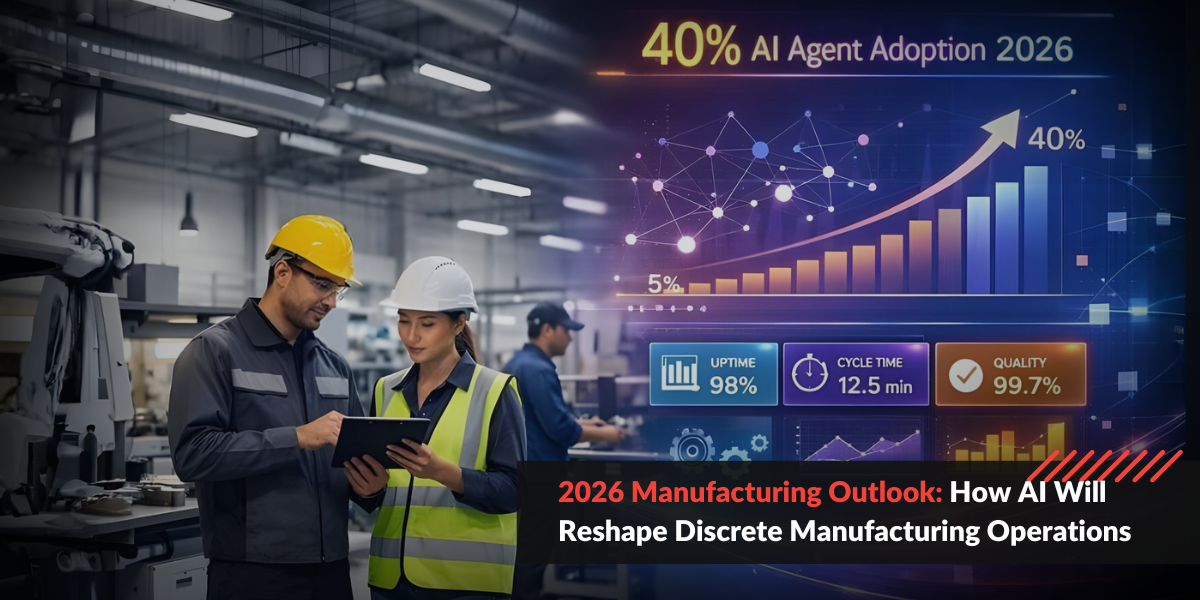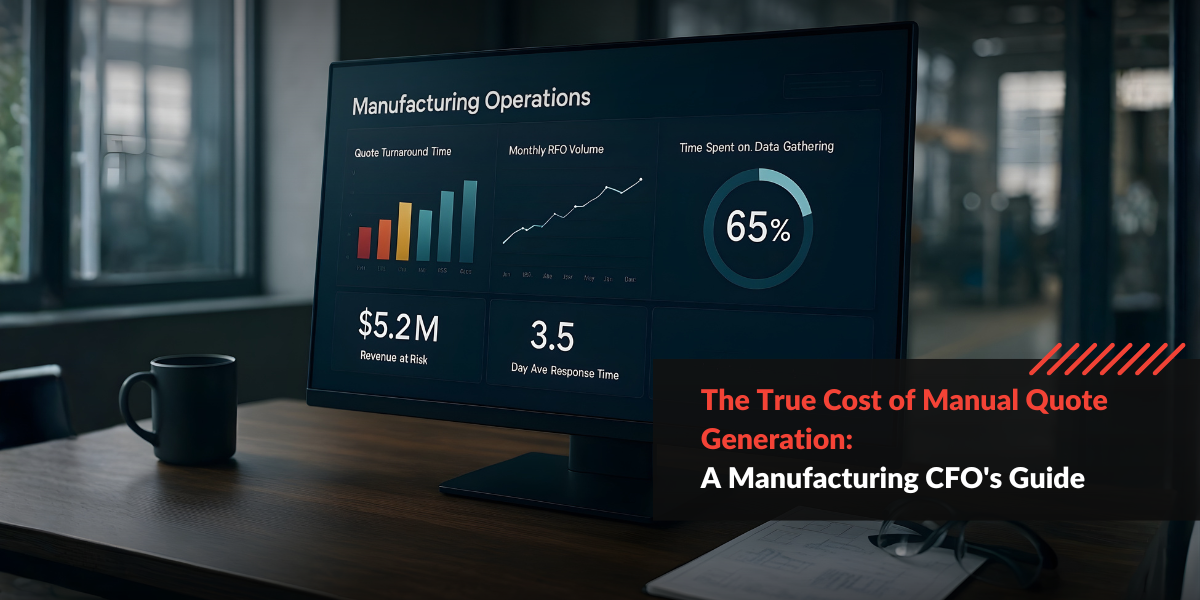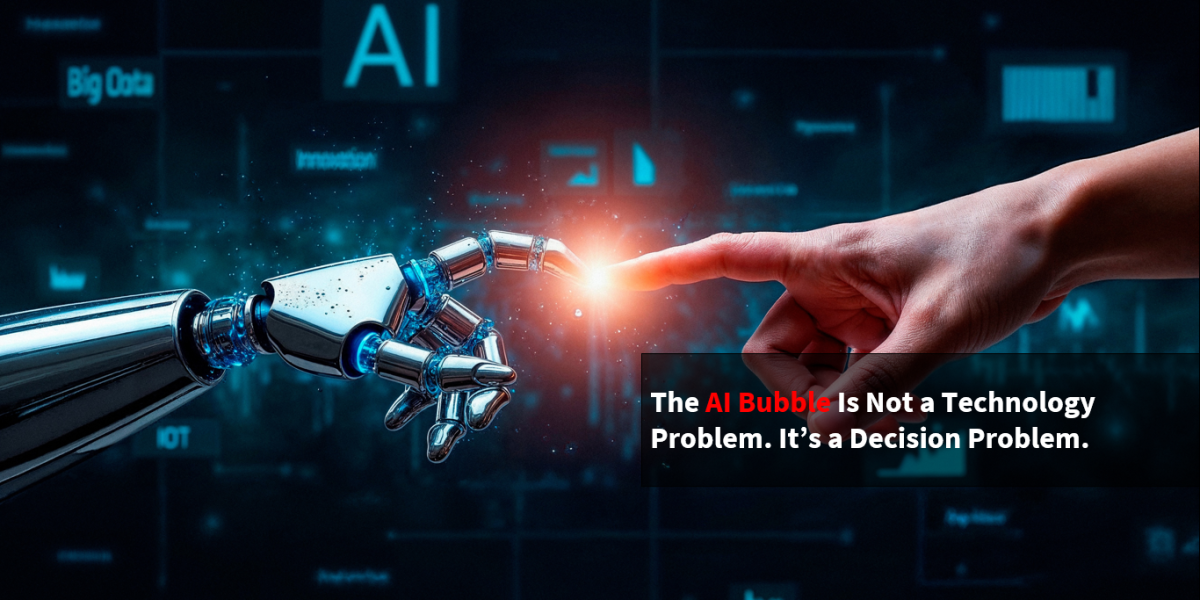The pandemic caused the travel and hospitality industry to take a backseat for a rather long period of time. This inevitably resulted in massive losses for business owners, making them apprehensive of their post-pandemic return. However, on the bright side during this period of turmoil, the travel and hospitality market has also witnessed exponential growth in digital transformation, courtesy of hyper automation.
According to a recent report, about 31% of businesses had fully automated at least one of their functions by the end of 2020, and travel and hospitality industries were no exceptions. But what lies at the core of all this transition to automation is Robotic Process Automation (RPA). RPA enables organizations to automate routine tasks and streamline operations, achieving greater business efficiency. Moreover, the synergy of RPA and AI tools unlocked end to end process automation – hyper automation. Hyper automation was also listed in Gartner’s top 10 strategic technology trends for 2020.
Post- pandemic, business owners have been looking into ways to improve their organization’s productivity, process quality, and cost optimization. RPA caters to all their needs and more. With RPA’s ever-growing capabilities and easy usability, organizations have shifted their view of RPA from a mere cost-cutting tool to one of the most vital tools in any automation endeavor.
Let us explore some ways in which RPA with AI, hyper automation, is reviving travel and hospitality industry.
RPA: The Key Enabler
Gartner predicts RPA software revenue to reach nearly USD 2 billion in the year 2021. This is not surprising given RPA’s astounding CAGR rate of 24.9%. Despite RPA’s numerous capabilities, the field is still not very mature, and hence holds potential and promise of advancement, in any instances of future disruptions.
Queue-Reading Bots
Customer satisfaction is one of the top priorities in travel and hospitality industry. This statement is backed by a recent survey done among hoteliers. It suggests that 24% of the survey respondents stated that guest experience was at the top of their 3 main objectives for digital transformation.
However, longer response/wait time can be one of the core reasons for customers dissatisfaction. Hence, to tackle this issue, RPA powered queue-reading bots have become an essential asset in the travel industry. Queue-reading bots can automate processing of emails and chats and can parse through them without any human intervention. This allows the workforce to focus on higher-value tasks, all the while being assured of fast customer response rates.
Queue-reading bots also ensure that all the relevant and crucial data is extracted from customer emails and chats and recorded for any future references. This enables costs savings through minimal staffing for such routine tasks.
Booking Process Automation
Another crucial factor in customer satisfaction is a swift and smooth booking process. It is however impossible for hotels and travel businesses to sort through and process such huge amounts of bookings manually. Moreover, with the fear of COVID-19 still lurking, customers seem to be cancelling their bookings quite frequently as well, and refund processing is not a piece of cake.
But don’t worry, cause RPA is here to save the day!
While RPA, with its intelligence-based programs and rule-based configuration, can easily automate repetitive manual tasks like bookings, newer advancements in RPA now also allow it to swiftly manage refund and reimbursements, in case of cancellations. RPA bots can help reduce ticket cancellation time from 20 minutes to just 3 minutes.
Automated Employee Report Consolidation
With hotels opening again, more people will be hired to aid in running such businesses. Thus, proper employee management can aid you in efficiently optimizing and streamlining of your business workflow.
Data consolidation for employee reports is time consuming and tedious, especially for large enterprises. Disparate departments need to collaborate to compile employee data. Leveraging RPA to automate such tedious yet crucial tasks can help your human employees to work on much more creative projects and tend to more demanding tasks. RPA can generate daily employee reports, and cloud computing can allow you to share and view these reports at anytime and anywhere. Implementation of such RPA tools have resulted in 500% reduction in time taken to consolidate reports, compared to manual processes.
A report claims that 63% of employees believe technology allows them to focus on other, more important jobs by freeing them from mundane tasks. The above are only a few ways in which AI backed RPA, hyper automation, can help revitalize travel and hospitality. AI and RPA’s can establish a sustainable technology for your enterprise that can help you tackle any unforeseen disruption in future, like COVID-19.
If you are interested to learn more about this disruptive technology, take a look at 6 Key AI Trends in Hospitality – Where the bots are winning . Alternatively, you could also explore Tackle the Post-Pandemic Business ‘New Normal’ with the Power of Intelligent Automation.
If you’re interested in exploring Intelligent Automation to enhance your customer services and customer experience, Rapid Acceleration Partners would be glad to help. Our next-gen, AI-powered content intelligence platform RAPFlow enables full lifecycle AI orchestration on a single platform. When used in tandem with our RPA tool RAPBot, it provides end-to-end workflow automation capabilities that can be deployed in just weeks. You can even build your own use case and the platform can easily integrate with your existing systems. Book a demo to get a more detailed understanding of how our products can transform your business.




